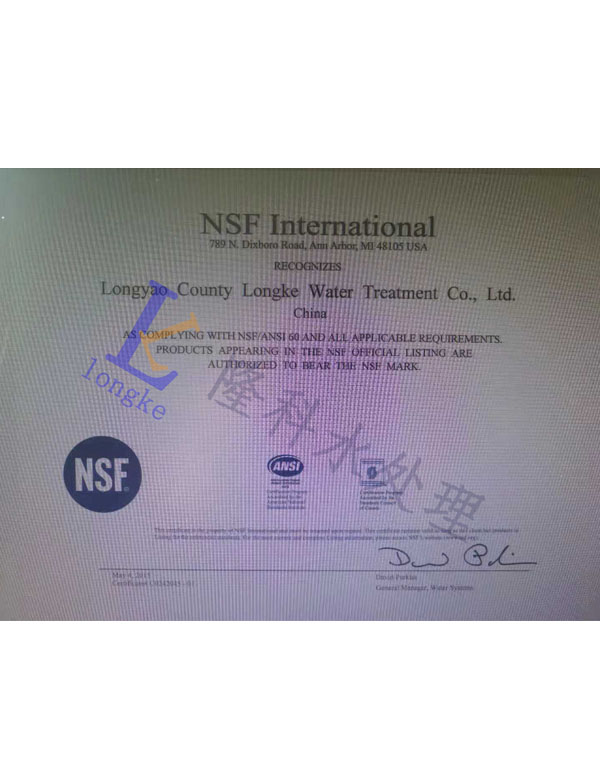Exploring the Properties and Applications of HEDP Acid in Modern Chemistry
Understanding HEDP Acid A Comprehensive Overview
HEDP acid, or 1-Hydroxyethylidene-1,1-Diphosphonic Acid, is an organophosphonic acid that has gained significant attention in various industrial applications due to its unique chemical properties. This compound is primarily used as a chelating agent and scale inhibitor, making it invaluable in sectors such as water treatment, oil and gas production, and industrial processes.
Chemical Composition and Properties
HEDP (CAS Number 2809-21-4) features a hydroxyl group and two phosphonic acid groups that contribute to its ability to bind metal ions effectively. Its molecular formula is C2H8O7P2, and it has a molar mass of 182.03 g/mol. The structure of HEDP allows it to form stable complexes with various metal ions, including calcium, magnesium, and iron. This chelation property is critical in preventing scale formation and corrosion in pipelines and equipment.
One of the most notable properties of HEDP is its high solubility in water, which enhances its effectiveness in treating water systems. Additionally, HEDP demonstrates excellent stability under varying pH and temperature conditions, making it suitable for numerous applications.
Applications of HEDP Acid
1. Water Treatment In industrial water systems, scale formation from minerals such as calcium carbonate can lead to reduced efficiency and increased operational costs. HEDP acts as a scale inhibitor, preventing the precipitation of these minerals in cooling water systems, boilers, and other equipment. Its chelating properties help to dissolve existing scale and protect surfaces from further deposits, thus ensuring efficient operation.
2. Oil and Gas Industry In the oil and gas sector, HEDP is utilized to prevent scale deposits and corrosion in pipelines and production equipment. The integration of HEDP in drilling fluids enhances their stability and efficiency, furthermore safeguarding the infrastructure against scale-related issues.
hedp acid

3. Detergents and Cleaning Agents HEDP is often incorporated into various detergents and cleaning agents due to its ability to sequester metal ions, which would otherwise interfere with the cleaning process. By binding these ions, HEDP improves the effectiveness of surfactants, leading to cleaner surfaces and enhanced product performance.
4. Agricultural Applications In agriculture, HEDP is sometimes used as a component of fertilizers to improve nutrient availability. By chelating metal ions, HEDP ensures that essential nutrients are more soluble and readily absorbed by plants. This application highlights the compound’s versatility beyond industrial uses.
Environmental Considerations
While HEDP is effective in various applications, it is essential to consider its environmental impact. As with many phosphorus-containing compounds, there are concerns about the potential for eutrophication in water bodies if HEDP is released in significant quantities. Eutrophication can lead to harmful algal blooms, which deplete oxygen in water and harm aquatic life. Therefore, regulated use and proper disposal methods are crucial to mitigate any adverse environmental effects.
Conclusion
HEDP acid’s multifunctional properties make it a crucial chemical in numerous industries. From water treatment and oil recovery to its usage in cleaning agents and agricultural products, HEDP provides benefits that are hard to replicate with other compounds. As industries continue to seek effective solutions for scaling and corrosion problems, the demand for HEDP is likely to grow, underscoring the importance of understanding its applications and implications.
In conclusion, HEDP acid demonstrates the fusion of chemistry and industry, showcasing how a single compound can play various roles in enhancing efficiency while highlighting the necessity for environmentally responsible practices. As we move forward, further research and innovation may unveil even more uses for this versatile chemical, all while ensuring that we prioritize sustainability and ecological health.
-
Water Treatment with Flocculant Water TreatmentNewsJun.12,2025
-
Polymaleic AnhydrideNewsJun.12,2025
-
Polyaspartic AcidNewsJun.12,2025
-
Enhance Industrial Processes with IsothiazolinonesNewsJun.12,2025
-
Enhance Industrial Processes with PBTCA SolutionsNewsJun.12,2025
-
Dodecyldimethylbenzylammonium Chloride SolutionsNewsJun.12,2025





